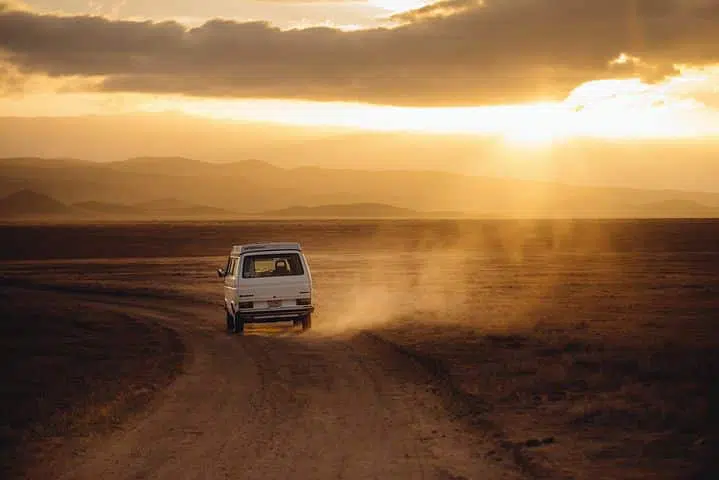- April 25, 2020
- Posted by: Felix Gomez
- Category: News

Recreational Vehicles are viewed by many as one of the best ways to travel the country comfortably as they come with almost everything you would need in your home for comfort. You can even customize your recreational vehicle to look any way you wish by integrating extra features into it. There are three major classes of RVs which are;
• Class A: Luxury coaches, converted buses and motor coaches up to 70 feet long.
• Class B: Camper vans, travel trailers and cargo vans.
• Class C: Vehicles with Cargo vans as the driving portion and the Camper portion extending over the cab area. Also covers 5-wheel vehicles.
The nature of your RV insurance coverage depends on the class of your RV, along with other factors such as, if you are a part or full-timer, how much you use it, the components of your RV, and so on. To ensure that you, your family/friends’ lives, belongings, valuable properties and your RV itself are in good hands, you need to get the best RV insurance coverage that suits you and your needs.
Types of Coverage for your RV
There are four basic types of coverage, which you can purchase for your recreational vehicle and these are; Comprehensive coverage, Liability coverage, Collision coverage and Underinsured coverage. Comprehensive coverage covers damages to your RV, which do not involve collision with other vehicles. This could be theft, impact with an animal, earthquake, explosion, flood, or any other natural disaster. Liability coverage assists in protecting you against legal charges or payments for injuries on other people caused by your RV. Collision coverage is for covering cost of your vehicle’s damages, when you collide with another vehicle, while Underinsured coverage protects you and your passengers when someone else who is underinsured hits your vehicle.
RV owners usually end up combining these basic insurance packages with other coverage such as Vacation Liability, Full-timer coverage (which is like a homeowner’s policy for RV owners), Personal effects coverage, amongst others, depending on various personal considerations.
A Few Considerations for deciding on your RV Insurance
• If you would be towing your vehicle along with your RV, it is best to insure both with the same company, in order to avoid complications during claims in the case of an accident to both.
• If you would be going along with extra attachments such as satellite dishes or antennas, it is important you include replacement coverage in your policy to protect them from any kind of damage.
• You have to ensure that the RV insurance you are purchasing covers the full worth of all your valuable belongings. It is also important to keep photo evidence and receipts of any new valuable additions to your vehicle.
• If you are a part-time ‘RVer’ going on holiday and you want your vehicle protected from liabilities while parked, you should consider getting the Vacation Liability coverage.
In conclusion, I strongly advice you not to attempt to save money by getting a cheap insurance coverage for your RV, as this might backfire in the case of an unforeseen disaster on the road. Therefore, you should ensure you get the best possible insurance coverage for your RV and its components.
